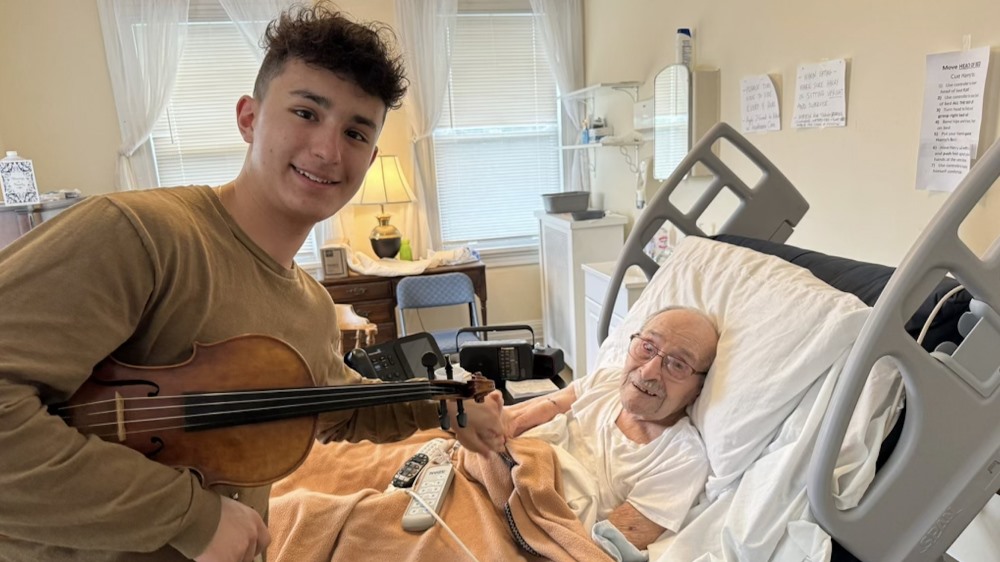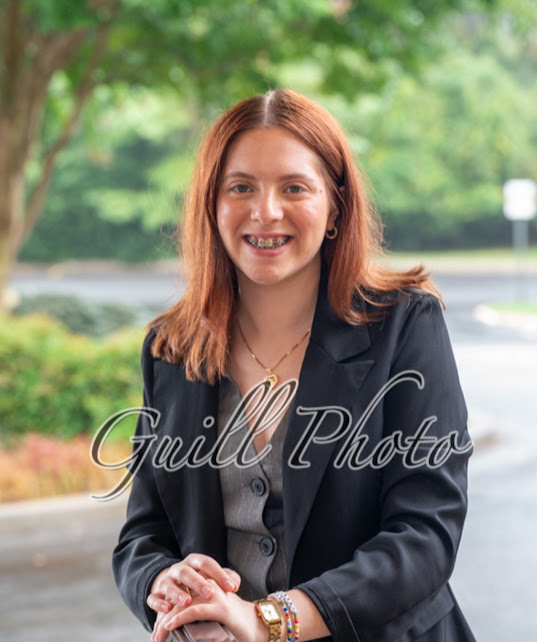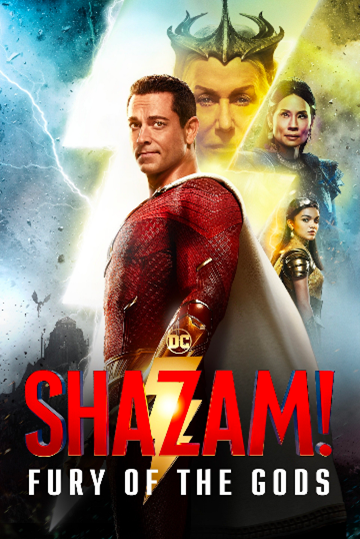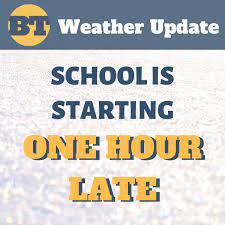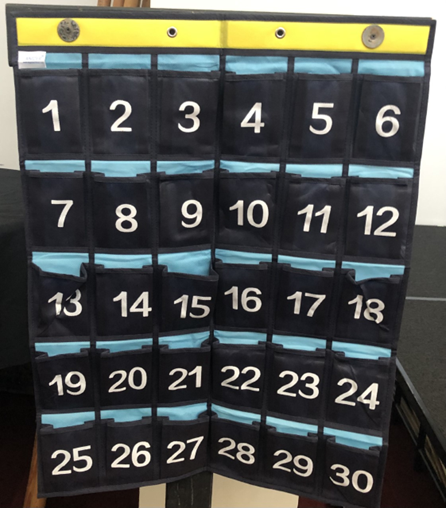
For the first time in its history, Kol BT thought about releasing a purely political ‘Voting Issue’ in honor of the election to add to the already extensive canon of political articles at Beth Tfiloh. As a journalist, I saw a story forming before me: a bold return for Kol BT into the world of politics after a long run of avoiding its past of opinionated political articles. With copies of old BT newspapers provided to me by Mr. Phil Jacobs, one of Kol BT’s Staff Advisors, I set off to find proof for my hypothesis.
Browsing some of these articles, dating as far back as the 1980’s, I delightedly found my prediction to be true. In earlier years, BT had published more opinionated articles, with controversial titles like “Why We Should Be Harsher to Arabs in Israel” (published in 1992) among others. Students would publish countless op-eds regarding both Israeli and American politics, some with humorous undertones while others took a more serious approach, even offering possible solutions to various issues. I had so much proof for my planned article, political articles were not only common in earlier issues of the BT newspaper, they were rampant. But where have they gone? Where does the passionate political energy manifest today? When I started to conduct interviews for my article, I fortunately started by interviewing Dr. Neil Rubin, the other Staff Advisor at Kol BT. Had I not, this article as you read it would have been entirely different.
When speaking to Dr. Rubin, I jumped right to the point, asking him if he noticed the decline of political articles in recent years. “[Political articles are] not discouraged at Kol BT” he explained, “it’s just that as editors we need to be careful- I want [BT students] to read and learn, the issue in society is that no one can be respectful [when writing about or discussing politics].”He further elaborated on the many opportunities for BT students to civilly express their political beliefs year round and not just during election season. “That’s my breaking news class,” he chuckled with a sip of his coffee. After interviewing Dr. Rubin, I saw a different narrative taking shape- rather than solving the mystery of the missing political articles, I was on a quest to find where that political energy of years past manifests today.
“Give them credit, they used what they had” was Mr. Jacobs’ first response to my questions about early political BT newspaper articles. Asking Mr. Jacobs about what he thought caused the decline in political articles at Kol BT, he responded with the theory that because “[BT students] didn’t have social media to express their views [at the time], they would be the only [political] voice they knew.” However, he was quick to add that with the rise of social media, “people seem to have gotten angrier”regarding politics and that hopefully with classes he teaches such as Modern Problems (12th Grade) and clubs that encourage civil discourse such as the Socratic Dialogue club, BT students are learning debate etiquette to counteract this rise in hostility. “[Kol BT] has to be a place of expression,” he affirmed, “[we] can’t ‘yell fire’ [and not expect consequence]. That’s not what happens.”
Mr. Green, a teacher at BT for nearly 30 years, says he “hasn’t noticed a decline [but] wouldn’t be surprised if there was [one]”. He remembers the newspaper as “an outlet [for students] to talk about sports, popular culture, and school policy” with an occasional political article if there were any important issues to discuss. When I asked him if he believed Kol BT should include political articles, he said he believes “politics by its very nature divides people, not just [by political party and therefore] undercuts [BT’s] whole purpose”. However, because of BT’s heavy emphasis on derech eretz, “[students are] very supportive [of each other] and respect one another” in regards to political issues.
From the information I gathered from Dr. Rubin, Mr. Jacobs, and Mr. Green, I was sure the decline in political articles came from the addition of more politics-centric programs at BT and social media. However, I was still curious about the administration’s role in moderating political articles that were being published, specifically for this voting issue. My last interview would be with Dr. Koplon in her office. “[in Kol BT] we’ve never censored [politics] on the part of the students” she clarified, “I want students debating [issues], thinking about them, and writing about them”. However, the one thing Koplon was firm on not tolerating was “opinion presented as fact [in Kol Bt]”. “Today, it’s a challenge for teens to tell facts from opinions,” explained Dr. Koplon “it’s all about [the] balance [of the two]”. With an emphasis on derech eretz at BT, Dr, Koplon believes that these values can help guide students to be civil in political discourse in an age of aggression.
In my quest to uncover the truth about the decline in political articles at BT, I discovered a bigger question – why aren’t we more civil in the modern world when it comes to politics? Could it be the anonymity of social media, with countless opinions presented as fact? Could it be the lack of institution of etiquette in our day to day lives? But somehow, BT avoids this problem. As put by Dr. Koplon: “allowing students to ask the hard questions [in debate fuelled classes such as Modern Problems and Breaking News]” and the heavy emphasis on Jewish values, students manage to balance dispute with discussion, politeness and politics. “It’s not how it is in the real world,” says Koplon.


